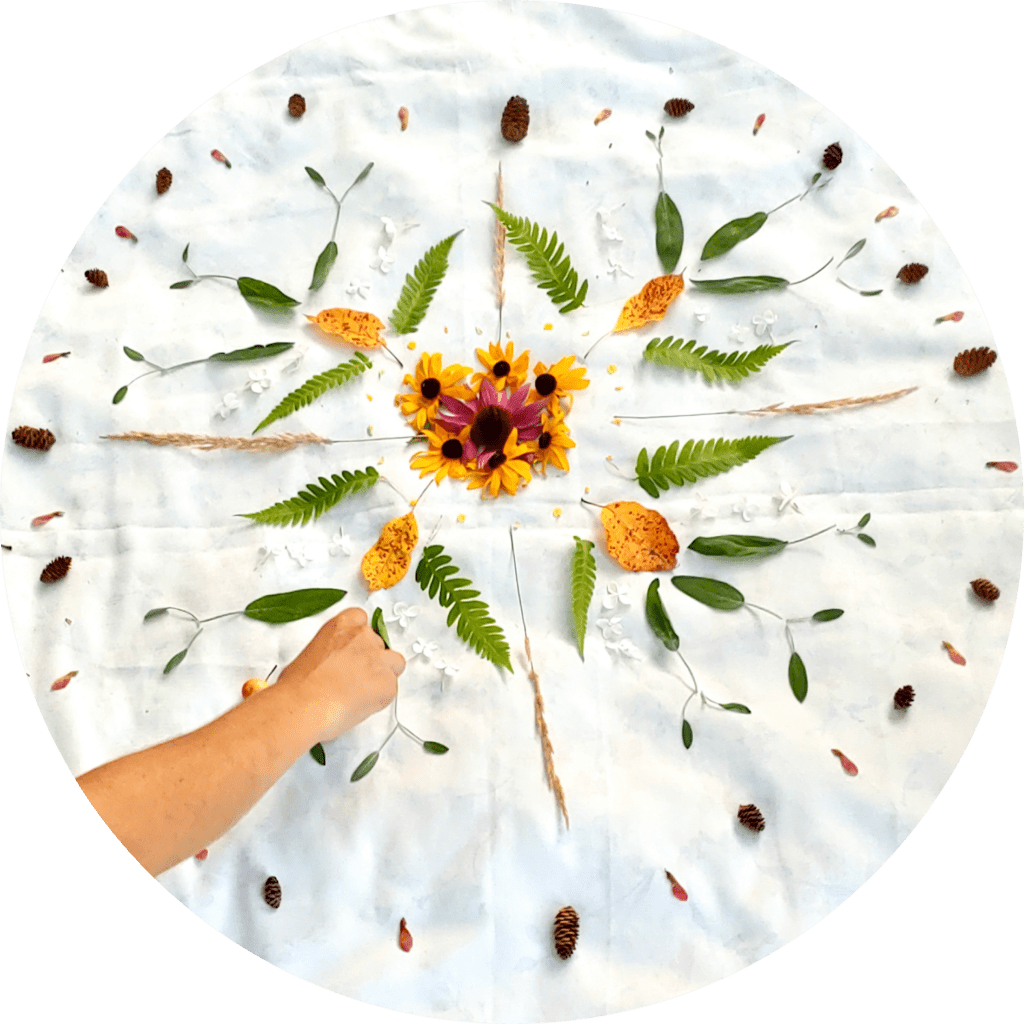Research & Benefits

Cognitive/
Intellectual
- Improves self-esteem and reduces depression
- Improves sleep and cognitive issues in dementia patients
- Increases engagement and improves mood
- Restores attention in cancer patients
- Teaches new and satisfying horticultural skills and revisits previous experiences/knowledge
- Improves vocabulary and maintains communication
- Provides problem solving and intellectual stimulation
- Arouses a sense of curiosity

Physical
- Supports cardiovascular health
- Modifies progression of coronary heart disease by addressing associated anxiety and stress
- Boosts the absorption and retention of Vitamin D
- Engages both fine and gross motor movement to maintain and improve endurance, abilities and hand eye coordination
- Builds confidence and independence to continue acts of daily living which leads to a better quality of life
- Can aid in treatment of substance abuse

Emotional
- Protects and preserves mental health
- Helps to maintain a sense of purpose, confidence and worth
- Improves mood state and fosters emotional restoration
- Reduces stress
- Aids in the development of positive coping strategies
- Offers opportunities for pleasure and relaxation, as well as a sense of pride and success with projects

Social
- Reduces isolation by increasing social connections and interacting in a group setting
- Promotes a sense of inclusion and belonging
- Builds connections
- Promotes positive interactions with others who have similar interests
- Re-engages old hobbies and passions

Creative
- Prevents boredom and provides stimulation of sensory perceptions
- Stimulates creativity by engaging in creative exercises
- Fosters imagination
- Develops an appreciation of the rhythm of life
- Provides an outlet to express creativity

Spiritual
- Connect to past and personal history
- Generates meaning through engagement in purposeful activities
- Fosters gratitude
- Encourages positive future thoughts through vision boards, etc.
Sources: The Mental Health Commission of Canada, The Canadian Mental Health Association, The Lancet, The World Health Organization, “Recovering With Nature”: A Review of Ecotherapy and Implications for the COVID-19 Pandemic
Research Papers & Articles
- The Impact of Gardening on Well-being, Mental Health, and Quality of Life: An Umbrella Review and Meta-analysis
- Podcast: Our Better Nature: How The Great Outdoors Can Improve Your Life
- It’s official — spending time outside is good for you
- It’s true: The sound of nature helps us relax
- Can Simulated Green Exercise Improve Recovery From Acute Mental Stress?
- Connectedness to Nature: Its Impact on Sustainable Behaviors and Happiness in Children
- View through a window may influence recovery from surgery
- The physiological effects of Shinrin-yoku
- Immerse Yourself in a Forest for Better Health
- Reflect & Restore – Urban Green Space for Mental Wellness
- Reduced symptoms of burnout noted in nurses who spent one break a day in a hospital garden
- What is Kaplan’s Attention Restoration Theory (ART)?
- Nature experience reduces rumination and subgenual prefrontal cortex activation
- Health Benefits of Nature: research studies, news articles, and case studies (collected by American Society of Landscape Architects)
- Nurtured by Nature (American Psychological Association)
- Climate anxiety in children and young people and their beliefs about government responses to climate change: a global survey (The Lancet)
- Bring the Outdoors into Your Hybrid Work Routine

Join the Community
GrowTH – Grow Therapeutic Horticulture is a professional growth and resource platform for therapeutic horticulture practitioners and allied health professionals with training in the field.

